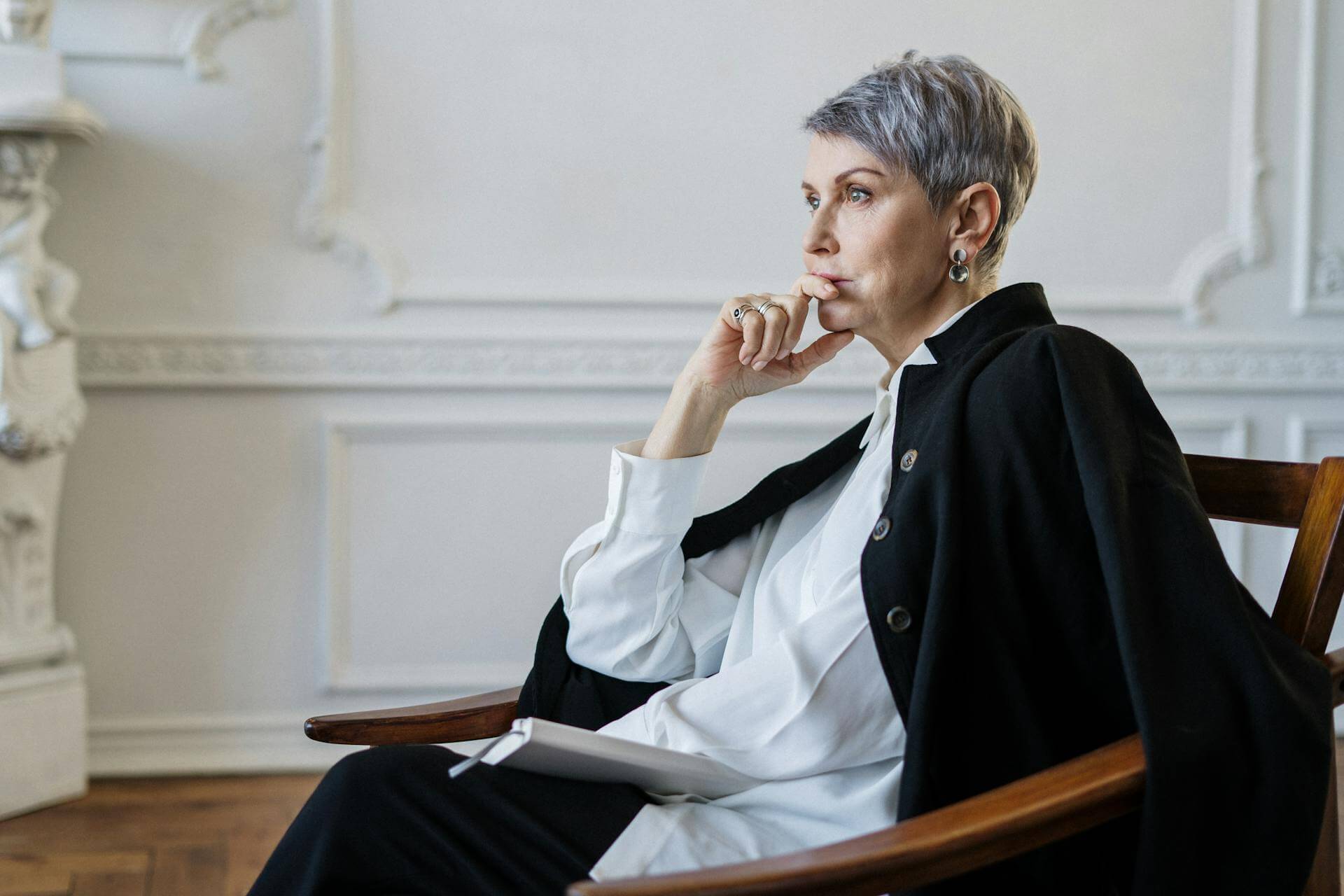As your small business continues growing and your overall requirement for in-depth employee data increases, it becomes difficult to keep track of everything. You are expected to track the contact information, benefits, salaries, and several other HR-specific data of employees. Most businesses nowadays depend on HRIS or Human Resources Information Systems to sort and organize employee data in a single place. When you have the proper criteria in your mind, you can develop a robust HRIS platform delivering a host of benefits to your small business.
What are HRIS Systems?
HRIS, or Human Resources Information System, is available as a software solution. It is responsible for organizing different types of worker-specific data points -including the identification of sensitive information like gender, age, address, and other information of the workers. It might also reveal information like pay scale, title, department, and benefits earned by an employee.
Like most other HR-based software systems, HRIS systems nowadays are SaaS-centric solutions that serve the purpose of a one-stop destination to store updated information on the workforce of an organization. While most of this information can be gathered and inputted into the HRIS software system during the hiring period of the employee, the system is also entirely editable in case changes are needed to the file of the employee. An HRIS system also delivers HR professionals the ability to come up with in-depth data reports -utilized by the management to find as well as address ongoing patterns within the workforce.
How can HRIS Systems Improve the HR Processes at Your Company?
As your team continues growing, the overall need for organizing sensitive employee-centric data becomes more significant. In this context, the implementation of a high-end HRIS software system for your organization becomes more pivotal. Here are some reasons to include a dedicated HRIS software system in your organization:
Record-keeping
With the presence of an automated database that is capable of collecting, storing, and displaying consistent, up-to-date information about policies, personnel, and procedures within an organization is provided. HR leaders are eventually able to do away with paper-based files and spreadsheets. A centralized database that gets seamlessly integrated with other HR modules will deliver the assurance of improved accessibility to all end users.
Storing confidential employee-centric information in a centralized cloud-based HRIS software solution will help eliminate redundancy and promote data integrity. Any changes or updates made to the master database will be reflected immediately across different modules -saving a reasonable amount of time as well as effort the HR department needs to put into matching as well as duplicating all records manually.
Efficiency
With the capability of filing, retrieving, and editing employee information instantly, a dedicated HRIS package will allow HR professionals to execute their jobs without repetition or monotony. What used to take several hours or minutes could be trimmed down to several seconds. It is because requests are approved, payroll is processed, and timecards get validated within moments. It can turn out to be more beneficial while managing hybrid staff or remote employees.
When you have all core employee-based information stored in a single place, it will not only benefit the overall accuracy but will also save ample time. Some organizations still keep abundant data about employees in the form of physical paperwork. It is a highly inefficient process.
Advanced HR Strategy
The HRIS software system allows the tracking of existing data needed to advance the Human Resources department as well the overall business strategy. Based on the priorities of the organization, different data will be crucial to track. It is wherein the role of HRIS is important.
As the HRIS helps in mitigating the complex aspects of HR, it enables your HR leaders to work on new initiatives that could turn beneficial for your entire organization. A good HR department is capable of reacting to common employee trends while working towards fostering a dedicated company culture that improves employee morale and retention rates.
Easier Compliance
An HRIS system is capable of making the overall process of HR compliance seamless by possessing all relevant information stored, organized, and accessible as the time comes for government audits or some legal issue arises.
Moreover, automated alerts can be initiated to keep track of the latest regulations as well as deadlines with respect to overtime, minimum wage, and so more. Some data in HRIS gets stored due to compliance reasons. It will include materials for identifying employees in case of fraud, theft, or other types of misbehavior, expiration dates of important certifications, and others. All this information can be stored in the HRIS.
Increased Productivity
The HR department always remains busy. Keeping up on top of tasks like vacation requests, scheduling, payroll, pension, employee absences, benefits, recruitment, and so more is quite complicated.
The essence of a dedicated HRIS software solution is doing the overall job of HR easier and highly efficient. Whether the HR department features a single individual or a group of team members, the HRIS helps streamline every aspect of the admin.
Information gets stored in a single database from where it can be accessed, modified, and shared. Most of the HR-specific tasks can be automated or handled by employees themselves. As less time is spent on admin, HR leaders are capable of dedicating more time to high-level strategic tasks.
Main Types of HRIS
There are basic types of HRIS systems you should know about:
- Operational HRIS: utilized for collecting and reporting valuable employee-centric information -including job classifications, demographics, and titles.
- Tactical HRIS: helping managers ensure major decisions as far as components like resources, recruitment, training, development, and job analyses are concerned.
- Strategic HRIS: focusing on future workforce planning and where the organization aims to go. It helps in achieving long-term goals like the addition of new products, new office space, or construction.
- Comprehensive HRIS: allowing for a streamlined database to offer an easy review of different aspects of HR requirements, including HR files, job analysis files, and employee data files.
Conclusion
HRIS software solutions offer options depending on the specific requirements of your business. Based on your needs, you can choose the right HRIS software solution.





























